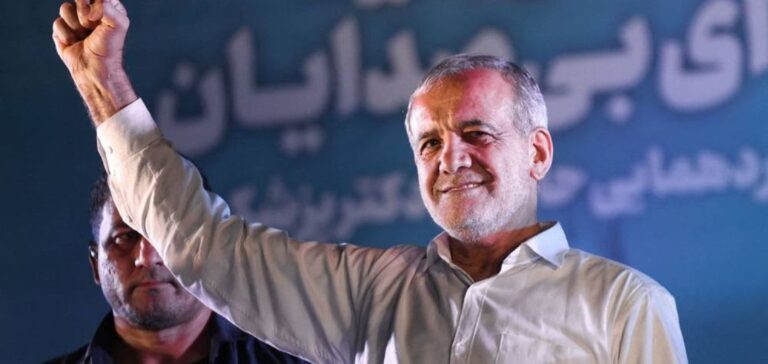Masoud Pezeshkian, former Minister of Health and a committed reformist, has won Iran’s presidential election, defeating the conservative Saeed Jalili. Pezeshkian pledged to revitalize the nuclear agreement with the West and lift the international sanctions that weigh heavily on the Iranian economy. This commitment marks a significant break with the policy of his predecessor, Ebrahim Raisi, who favored an economy of resistance and close ties with Russia and China.
Pezeshkian, 69, criticized the current government for selling Iranian oil below the market price, which he sees as a huge loss for the country’s economy. In a televised debate prior to his victory, he stressed the need for export growth and foreign investment to achieve sustainable economic development.
Potential Impact on the Oil Market
Despite U.S. sanctions, Iran remains a key supplier of heavy crude oil in Asia, particularly for independent Chinese refiners in Shandong province. According to data from S&P Global Commodity Insights, Iranian crude imports into China rose by 4.3% in June, reaching an eight-month high. Iranian exports rose by 20% in the first half of this year, averaging 1.5 million barrels a day.
However, analysts at S&P Global Commodity Insights estimate that Iranian crude production will remain stable at 3.2 million barrels per day until the end of 2025, despite Iran’s stated ambitions to increase production to 4 million barrels per day. They also forecast that Iran’s refining capacity will reach around 2.3 million barrels per day by the end of 2025.
Sanctions and International Cooperation
Pezeshkian also highlighted the difficulties that sanctions pose for attracting foreign investment, particularly from China. An Iran-China cooperation agreement has not yet been concluded, due to Iran’s continued blacklisting by the Financial Action Task Force (FATF). This situation complicates commercial partnerships and the import of technologies essential for modernizing the Iranian oil industry, whose efficiency is seriously compromised by obsolete technologies.
Despite these challenges, Pezeshkian’s presidency could mark a significant shift in Iranian foreign policy, seeking to improve relations with the West and ease sanctions. Nevertheless, the ultimate direction of Iranian policy remains under the control of the Supreme Leader, Ayatollah Ali Khamenei, which limits the direct impact of the presidency on oil market fundamentals and investor sentiment.






















